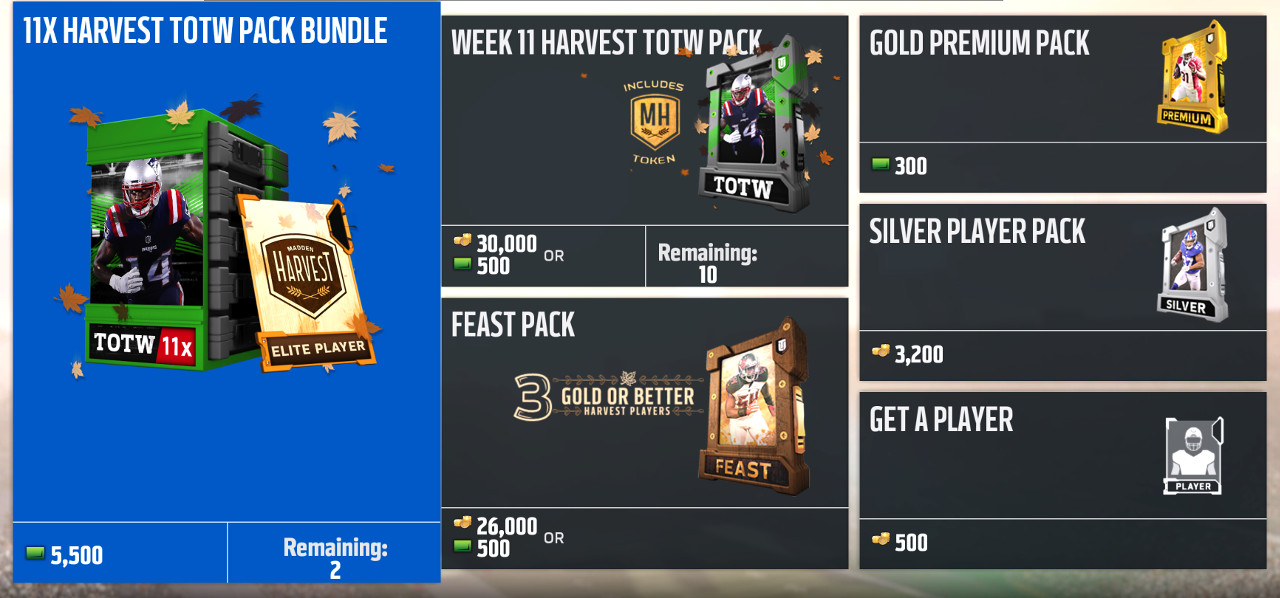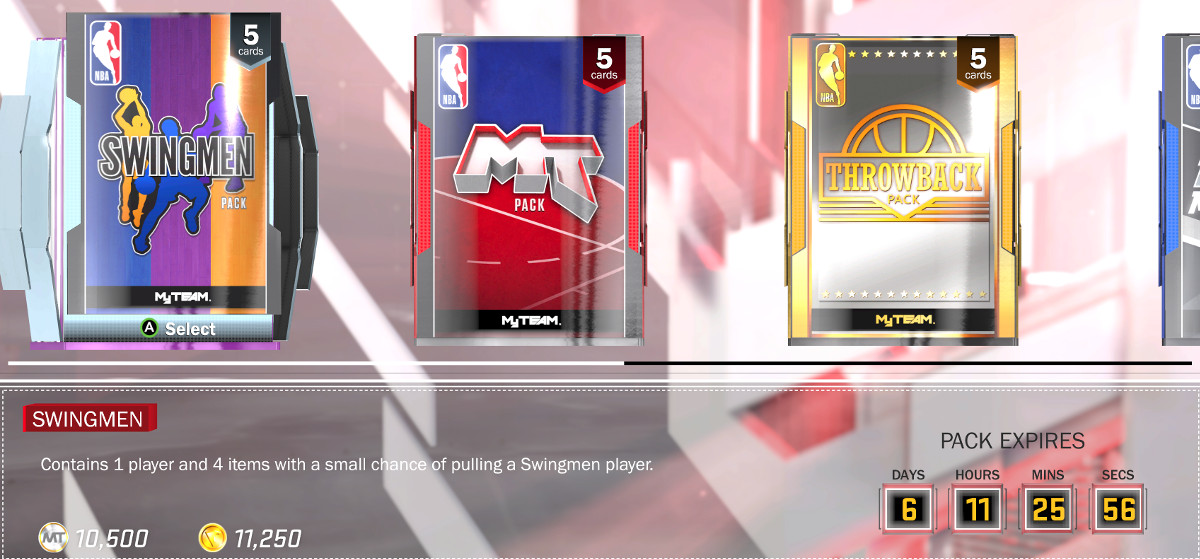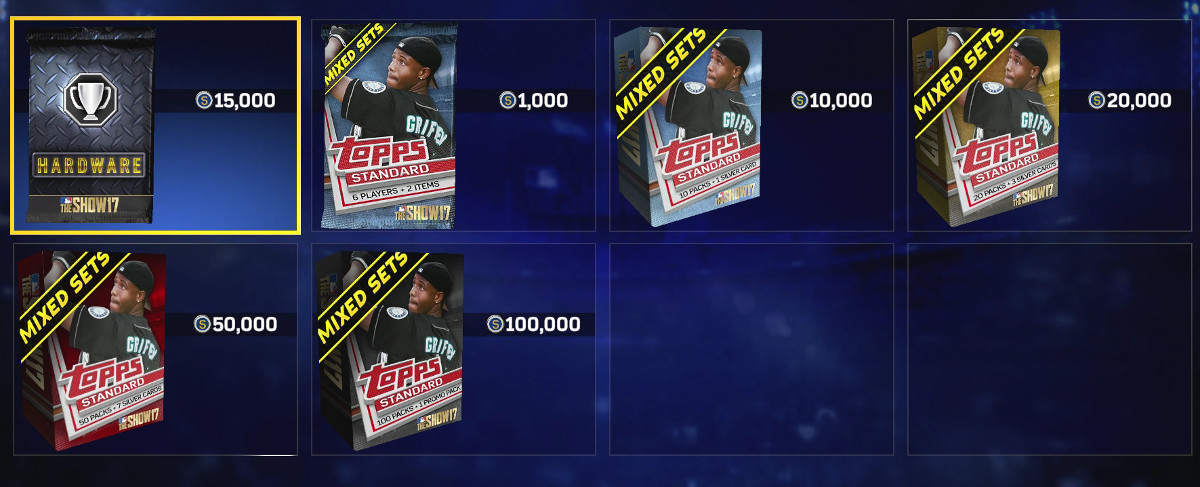Lawmakers start to push back against predatory monetization practices in games

The consumer backlash surrounding the implementation of loot boxes, card packs, digital currencies, and other aggressive monetization strategies has been the big story of the gaming industry for the past two months. With billions of dollars involved and mainstream news being made it was only a matter of time until the government would take notice and examine the practices and consider regulation. It appears that time is now.
State representative Chris Lee of Hawaii announced that legislation to prohibit the sale of games that feature mechanisms such as loot boxes to children is being considered. Star Wars: Battlefront II was singled out as being an “online casino specifically designed to lure kids into spending money.” EA has since removed the ability to spend money on loot boxes due to the organized efforts of consumers, though they have stated that will be returning in the future.
These kinds of lootboxes and microtransactions are explicitly designed to prey upon and exploit human psychology in the same way casino games are so designed. This is especially true for young adults who child psychologists and other experts explain are particularly vulnerable. These exploitive mechanisms and the deceptive marketing promoting them have no place in games being marketed to minors, and perhaps no place in games at all.

From NBA 2K18 to Forza 7, Need for Speed Payback, Middle-earth: Shadow of War and the one which seems to ultimately have tipped the scales, Star Wars: Battlefront II, consumers have made their voices heard while reviewers are also now recognizing the harmful effects on the design of the games. Lower review scores than would have been anticipated have resulted but it’ll take a much longer time to gauge whether the brands have suffered long-term harm or if they’ll emerge relatively unscathed once changes are made for future releases.
The days may now be numbered for Ultimate Team as we know it and anything to do with “chance” utilizing hidden odds involving real dollars in these products. The argument over whether loot boxes/card packs are gambling will continue (and of course it’s gambling) but the key thing to watch out for is the emphasis being put on “children.” There is no way a league like the NFL or NBA will allow the product that represents them to be sold as something deemed unsuitable for kids, the same as Disney would react swiftly to having their Star Wars IP associated with underage gambling.

The meteoric rise and practically overnight crash of Daily Fantasy Sports may end up being comparable to what video game publishers are facing. Both had a period of operating with impunity. Typically when an action is taken like this by Hawaii those in position to do the same in other states follow. It’s very much just the start of things to come. Other countries are in the discussion as well, with Belgium the first to determine that loot boxes are a form of gambling – and the possibility of that leading to games that use them being banned.
In the end microtransactions almost certainly won’t disappear completely, but changes to the structure of modes and the way they operate could very well be dramatic if publishers are forced to comply with any new laws that target the tactics in question.
